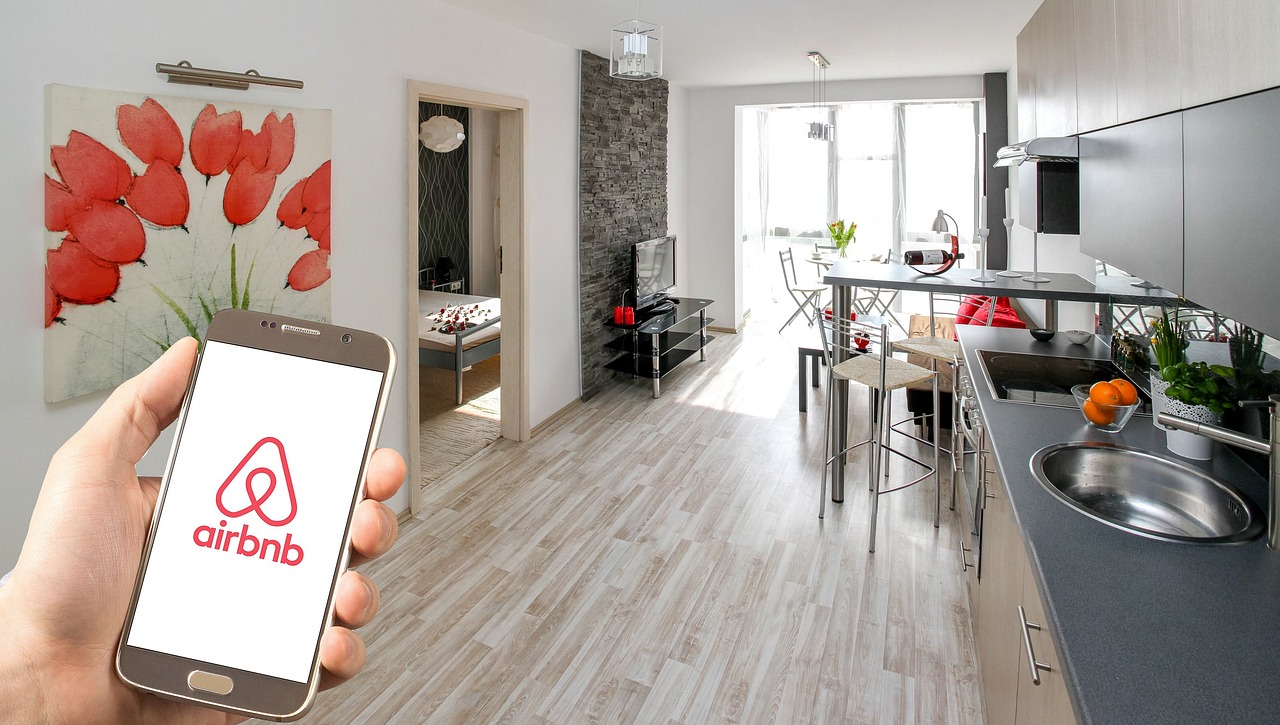Introduction to Short-Term Rentals

Short-term rentals, primarily facilitated by platforms like Airbnb, have revolutionized the travel industry. They offer travelers a unique way to experience destinations, often providing a cozy, home-like atmosphere that hotels might lack. However, this convenience doesn’t come without its complications. As these rentals have gained popularity, they’ve stirred up debates about their impact on local housing markets. Urban areas, in particular, have seen a rise in rental costs and a decrease in long-term housing availability due to the proliferation of short-term rentals.
The Surge of Airbnb Listings

Airbnb has rapidly expanded its footprint, with over 7 million listings globally as of 2023. This growth is particularly pronounced in major cities, where the demand for unique travel experiences is high. While travelers benefit from these options, the local housing market feels the pinch. Properties that might otherwise house local residents are being transformed into short-term rentals, contributing to a housing crisis in many urban locales. This surge reflects a shift in property use, prioritizing short-term profits over long-term community stability.
Impact on Rental Prices

The presence of short-term rentals is linked to rising rental prices in many cities. A study from New York City highlighted that neighborhoods with a high concentration of Airbnb properties experienced a 10% increase in rental prices over just two years. This isn’t an isolated phenomenon. Cities like San Francisco and Barcelona have reported similar trends, where the local populace struggles to keep up with the inflated costs. The ripple effect of these price hikes extends beyond individual renters, influencing the broader economic landscape of these communities.
Displacement of Local Residents

The shift of properties from long-term rentals to short-term accommodations often results in the displacement of local residents. For landlords, short-term rentals can be more lucrative, leading them to prioritize tourists over long-term tenants. This dynamic reduces the availability of affordable housing, pushing lower-income families out and accelerating gentrification. The displacement isn’t just about physical relocation; it disrupts community ties and alters the cultural fabric of neighborhoods.
Regulatory Responses

Cities around the world have started to implement regulations to curb the unchecked growth of short-term rentals. Paris and Berlin, for instance, have introduced stringent licensing requirements and capped the number of days a property can be rented short-term annually. These measures are designed to protect local housing markets and ensure that residents still have access to affordable housing. While regulations aim to strike a balance, they are often met with resistance from property owners and platforms alike.
The Role of Property Management Companies

Property management companies have become key players in the short-term rental market. They often buy up multiple properties to list on platforms like Airbnb, further professionalizing the market. While this might streamline operations, it can exacerbate housing shortages. These companies prioritize profitability, often at the expense of community needs. In cities dominated by such firms, local residents face increasing challenges in securing long-term housing, as the focus shifts to maximizing short-term gains.
Community Backlash

The rise of short-term rentals hasn’t gone unnoticed by communities. Many residents voice concerns about the noise, safety, and loss of neighborhood character that come with transient guests. Community organizations have begun to rally for stricter regulations and greater awareness of the adverse effects of short-term rentals. Their efforts highlight the growing tension between preserving community identity and accommodating a booming tourism industry.
Economic Benefits vs. Social Costs

Short-term rentals undeniably bring economic benefits, such as tourism revenue and job creation in the hospitality sector. However, these advantages are often overshadowed by the social costs. Displacement of residents and the strain on local housing markets can erode community cohesion. Policymakers face the complex challenge of balancing economic growth with the needs of local residents, ensuring that tourism doesn’t come at the cost of social stability.
The Future of Short-Term Rentals

The debate over short-term rentals continues to evolve. As scrutiny from regulators and communities intensifies, platforms like Airbnb may need to adapt. Embracing new norms that prioritize housing stability over profit could be essential for the industry’s future. Technological innovations and changes in consumer behavior are likely to play a role in shaping the landscape of short-term rentals, as cities strive to find sustainable solutions.
Conclusion: A Call for Balanced Solutions

The challenges posed by Airbnb and similar platforms underscore the need for balanced solutions. Addressing the housing crisis while reaping the benefits of tourism requires a collaborative approach. Policymakers, communities, and the short-term rental industry must work together to develop sustainable housing solutions that serve both residents and travelers. As urban areas continue to navigate these complex issues, the discourse surrounding short-term rentals remains a crucial aspect of urban planning and housing policy.




